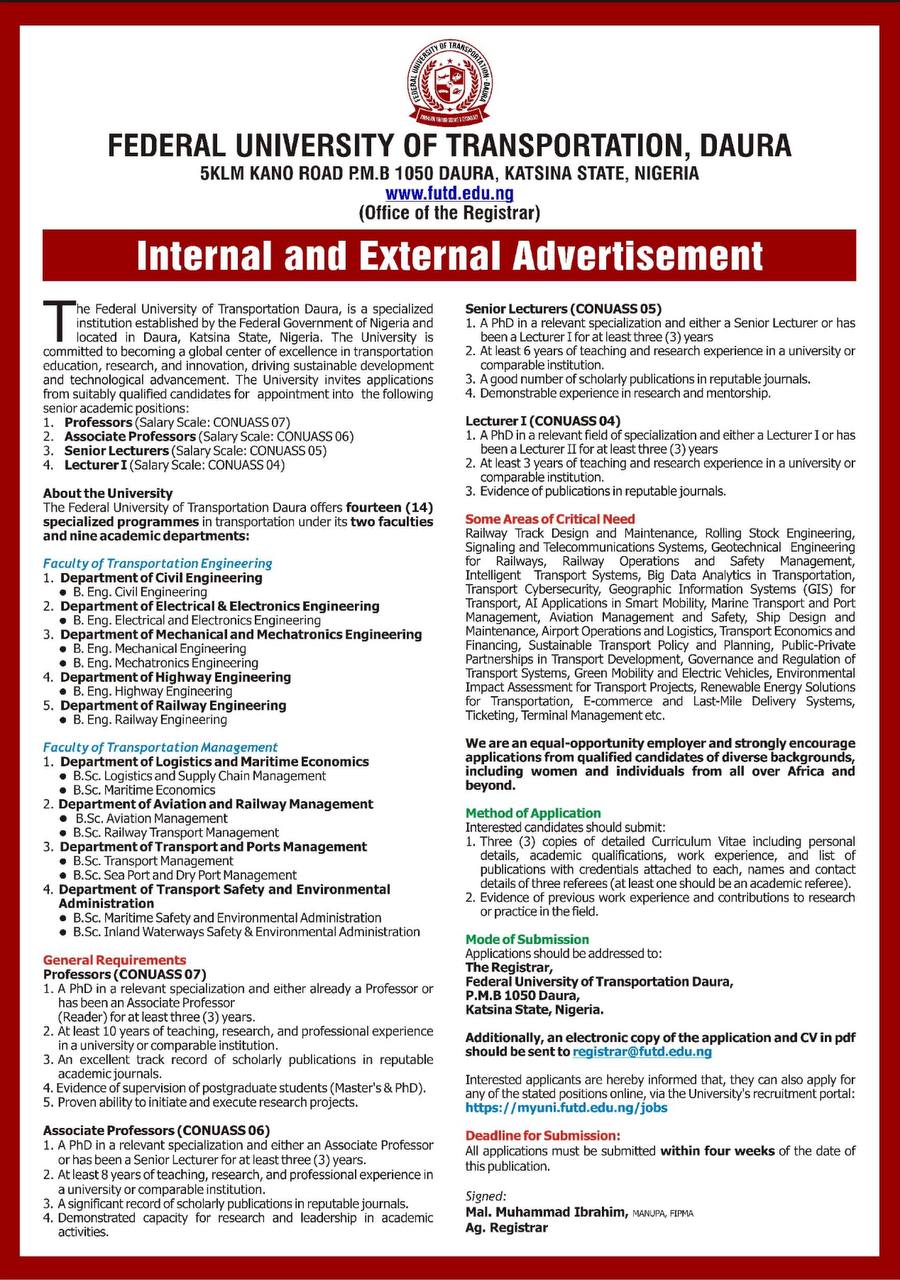The U.S. Commerce Department has proposed new regulations that would effectively ban Chinese software and hardware components in vehicles on American roads.
Wion news reports that this proposal, which cites national security concerns, has drawn sharp criticism from Beijing, escalating the already fraught relationship between the world’s two largest economies.
The proposed regulation aims to address what U.S. officials describe as potential risks associated with data collection and foreign manipulation of connected vehicles.
If implemented, the rule would require American and other major automakers to remove key Chinese technology from vehicles sold in the U.S. market that are connected to the internet or equipped with navigation systems.
In response to this development, China’s Ministry of Commerce issued a strongly worded statement on Wednesday, urging the United States to “stop unreasonable suppression” of Chinese firms.
The ministry spokesperson characterised the U.S. action as lacking “factual basis” and violating “the principles of market economy and fair competition.”
“The U.S. move is a typical protectionist approach,” the spokesperson declared, emphasising that it “seriously affects the normal cooperation between China and the United States in the field of connected vehicles, disrupts the global automotive industry supply chain, and harms the interests of United States consumers.”
The proposed ban represents a significant escalation in U.S. restrictions on Chinese automotive technology and components. It would effectively close the U.S. market to Chinese-made vehicles, many of which incorporate advanced connected technologies.
This move aligns with broader U.S. efforts to limit Chinese technological influence, following previous export bans on semiconductors and other high-tech components.
U.S. officials have expressed concerns about the potential for Chinese-connected vehicles to collect sensitive data on American drivers and infrastructure. There are also fears that such vehicles could be subject to foreign manipulation, potentially compromising road safety and national security.
The automotive industry, which has become increasingly reliant on global supply chains and technological partnerships, now faces the prospect of significant disruption.
Major automakers may need to redesign their vehicle architectures and find alternative suppliers for key components, a process that could prove costly and time-consuming.
Critics of the proposed ban argue that it could limit consumer choice and potentially increase vehicle prices in the U.S. market.
They also warn that such moves could invite retaliatory actions from China, further complicating international trade relations and potentially harming U.S. businesses operating in China.
Supporters of the measure, however, contend that the security risks posed by Chinese-connected vehicle technology outweigh these potential economic drawbacks. They argue that protecting sensitive data and critical infrastructure is paramount in an era of increasing cyber threats and geopolitical tensions.













